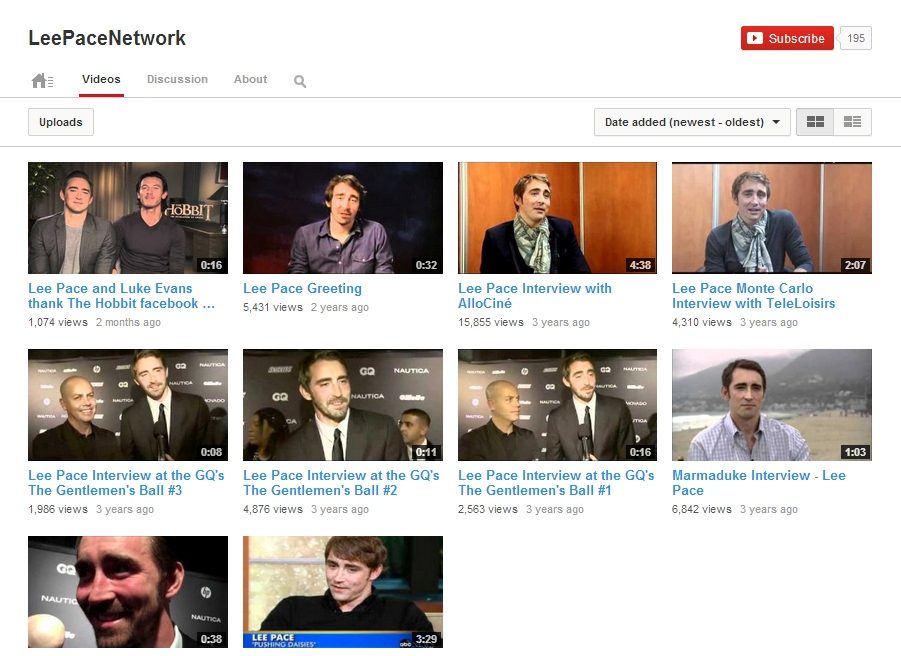Book recommendations from Lee
Lee picked up reading late because he grew up dyslexic. When he went to college, a friend of his who was a big reader got him started on a number of writers, including Hemingway. “You communicate with the author when you read his words; you listen to the story that he’s telling, and he puts these ideas in your head,” the talented actor and avid reader explains. “When you open a book, you let someone show you another way of thinking. That’s what happened to me with these books, which I realize are all by American writers.” Here’s Lee’s list of his favorite books:
Extremely Loud & Incredibly Close by Jonathan Safran Foer
This struck me as a totally modern book. It’s written from the perspective of a little boy who lost his father on September 11. The two had a history of playing a game in which they found clues around the city, and this is about the son’s search for signs of his father. I love Foer’s clear voice. One passage I always remember: “I have no need for the past, I thought, like a child. I did not consider that the past might have a need for me.” I think that’s a beautiful idea.
Underworld by Don DeLillo
The New York Times surveyed writers, critics, and professors about the most important books written after 1980, and Underworld was number two. I love Don DeLillo. He created a big novel about America during the Cold War—interconnected stories that start with a baseball game and include the atomic bomb, a massive art installation, and so much more. DeLillo gets into the minds of all the people at that game—J. Edgar Hoover, the players on the field (including Willie Mays), a boy who skipped school to be there—and through them, he defines an obscure moment and then uses it to tell us something about our lives today.
A Moveable Feast by Ernest Hemingway
This collection of sketches is about the expatriate scene in Paris in the early to mid 1920s. Hemingway introduced me to Gertrude Stein—I loved his description of her apartment and its walls covered in paintings—and F. Scott Fitzgerald, among other writers. They were all trying to figure out what an American writer was and how to be a voice for that generation. As an artist myself, I was interested in how they lived.
The Last of the Mohicans by James Fenimore Cooper
My father recommended this novel to me—and he’s not usually a fiction reader. He likes a good old nonfiction account of a battle. I’ve dog-eared pages throughout the book, especially Cooper’s passages describing wilderness. He was writing about America when his father was born, about the frontier, the settlers, and the French and Indian War; his writing is naturalistic and captures a specific time in U.S. history. I want to read The Deerslayer and the rest of Cooper’s books. I think his work is the first step in the development of the American novel.
Song of Solomon by Toni Morrison
Morrison makes compelling real-world magic in this book. The main character, Milkman, learns about generations of his family and the struggle of black men living in the South. As he discovers his identity, Morrison lets him fly (literally). She helps you see something that you’ve never seen in life or movies or art. When I finished it I thought, “That’s the best book I’ve ever read. The best one.”







